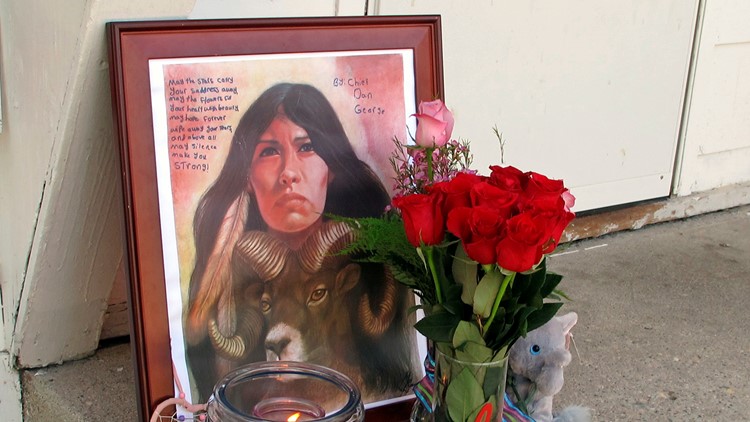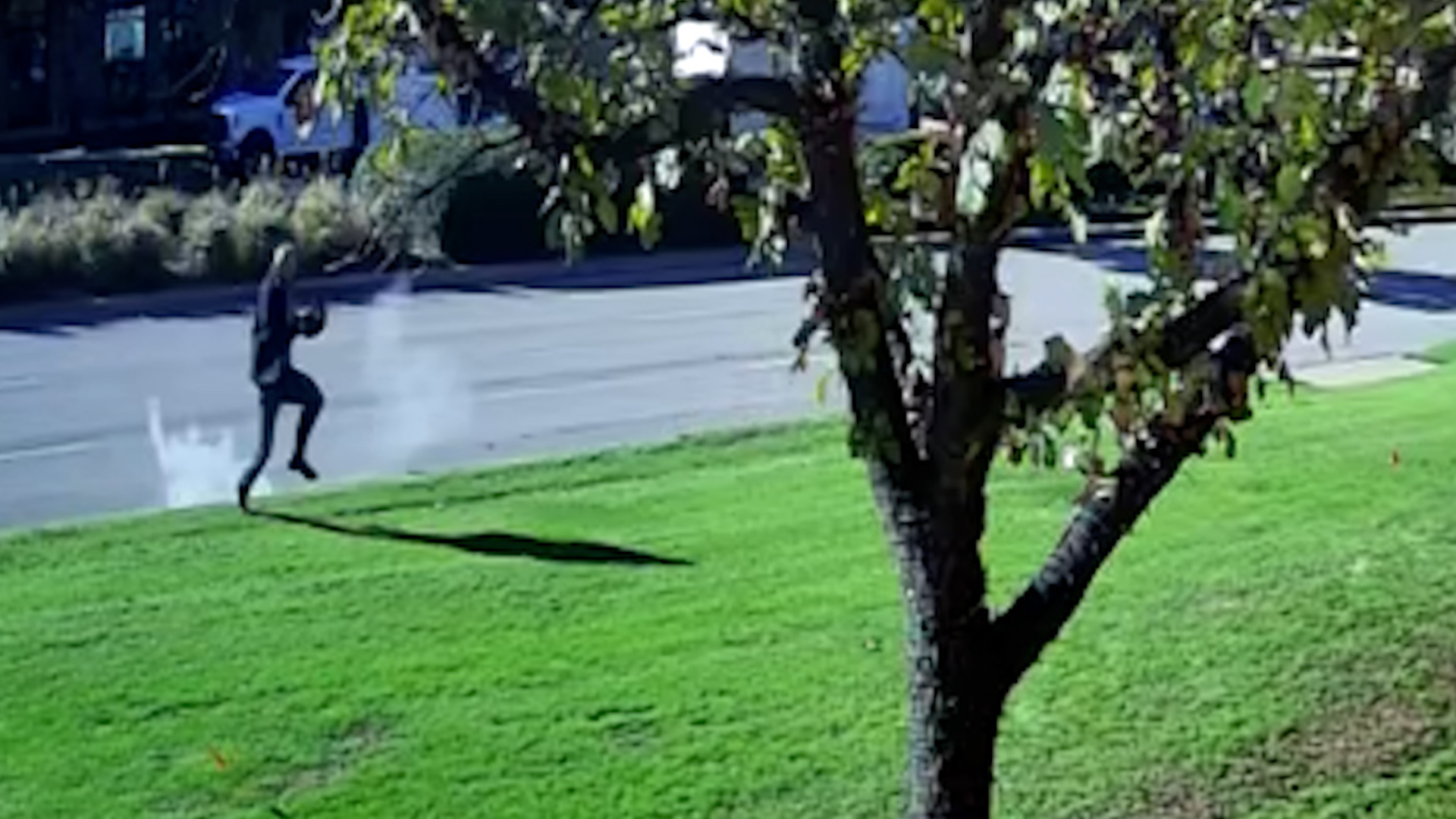WASHINGTON D.C., DC — A bipartisan bill passed Monday aimed at tackling cases of murdered and missing Native Americans. Now, the bill is headed to President Donald Trump's desk for a signature.
Savanna's Act, was named after Savanna LaFontaine-Greywind, a pregnant woman, and Spirit Lake tribal member, who was found dead in North Dakota in 2017. The bill will require the Department of Justice, along with state and tribal local law enforcement agencies, to create protocols to prevent and solve crimes against Native Americans.
"Savanna's Act addresses a tragic issue in Indian Country and helps establish better law enforcement practices to track, solve and prevent these crimes against Native Americans," Sen. John Hoeven, said in a statement.
Over 500 indigenous women and girls have disappeared or been murdered in the U.S., according to a report by the Urban Indian Health Institute. But, reports say that number may be a gross undercount due to limited data.
The bill was initially introduced by former Sen. Heidi Heitkamp after Spirit Lake Sioux Tribe member Lafontaine-Greywind of Fargo, North Dakota -- who was eight months pregnant at the time -- disappeared. Lafontaine-Greywind's body was found in a river near Fargo. Her child had been cut from her womb, but survived.
Brooke Crews is serving a life sentence for her role in the death, according to the Herald. Crews' ex-boyfriend, William Hoehn, is serving 20 years in prison in connection to the kidnapping Lafontaine-Greywind's child.
The bill was reintroduced earlier this year by Sen. Lisa Murkowski, R-Alaska, and passed the Senate in March.
Sen. Lisa Murkowski told HuffPost said in 2019, "Native women, because of their looks, can be viewed as more exotic, more Asian, and apparently there is a higher market for women that are of Asian descent. When I heard that, it just… It just sickens me."
Sen. Murkowski said Monday in a statement on Facebook that the legislation will improve coordination among the different levels of law enforcement and increase data collection and information sharing.
The hope is that the bill will also empower local tribal governments, giving them access to law enforcement data bases so that they can go back and help solve cold cases, as well.



